Choose Better Fats to Boost Mental Health
What fats are you are eating? One of the best steps you can take to improve your mental fitness and protect your brain is to pay attention to the types of fats you are giving your body.
Your brain consumes about 20 percent of the calories you eat each day. To adequately function, it depends upon a dozen key nutrients — vitamins, minerals, fats and proteins that give your brain the building blocks it requires.
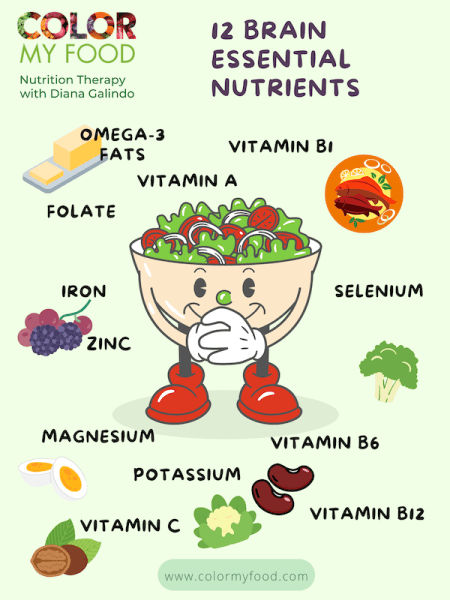
Choose brain-healing fats
- Grass-fed butter has an ideal balance of omega-3 and omega-6 fatty acids. It contains vitamins A, D and E as well as iodine and selenium
- Nuts and seeds – also rich in fiber, zinc, iron and essential vitamins. A small serving offers a nice mix of healthy fats, proteins and slow-burning carbohydrates
- Nut butters
- Coconut oil. Coconut is rich in fats, protein and has a full complement of B vitamins. Coconut oil is one of the healthiest and most medicinal of fats. In additional to the fat, coconuts contain iron, selenium, sodium, calcium, magnesium, manganese, phosphorus and vitamins B1, B3, B5, C and Ka. Coconut lowers blood sugar, protects the liver and improves immune function.
- Olive oil – improves brain and nervous system function
- Sesame oil – has anti-depressant properties
- Avocado oil – helps regulate blood sugar
Foods in their natural form are high in brain-healthy omega 3 fatty acids.
Eliminate industrialized fats
Hydrogenated, highly processed fats are toxic and interfere with the essential roles fatty acids have in the body.
- Corn oil, cottonseed, soybean, canola, sunflower, and vegetable oils
- Margarine and butter substitutes
If you consume dairy
- Choose whole milk and milk products (kefir, yogurt, cheeses, butter) from pasture-raised cows. Natural milk is a complete protein, is high in enzymes and contains brain essential vitamins B6 and B12 and fat-soluble vitamins A and D.
- Goat milk products are also a nutritious option. Goat milk has more nutrients because of the rich and varied diet of the goats and is more digestible.
References
- Korn, Leslie. (2016). Nutrition Essentials for Mental Health: A complete guide to the food-mood connection. New York, NY: W.W. Norton and Company
- Brogan, Kelly, MD. A Mind of Your Own: The truth about depression and how women can heal their bodies to reclaim their lives. (2016). New York, NY: Harper Collins


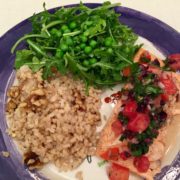

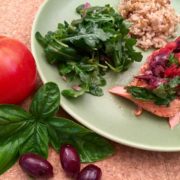

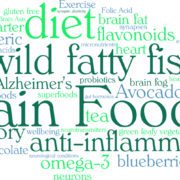
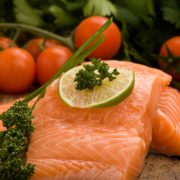
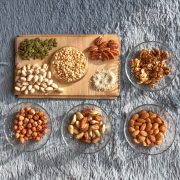
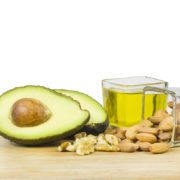


Leave a Reply
Want to join the discussion?Feel free to contribute!